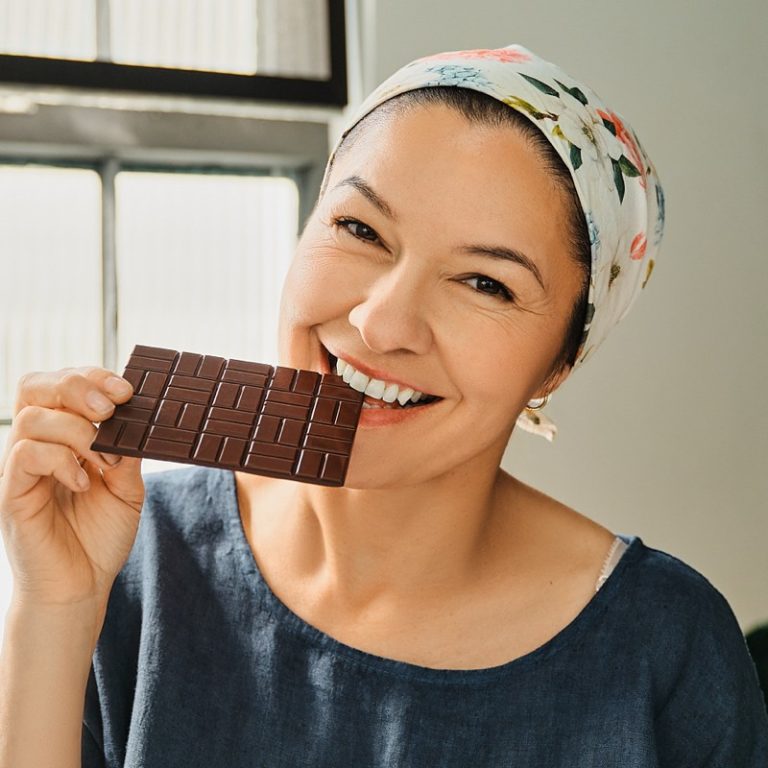São Paulo – Considered an essential gift for special occasions like birthdays and Valentine’s Day, Brazilian chocolate has gained global recognition with important awards and has conquered the Arab market. Saudi Arabia is already the fifth-largest importer of the Brazilian product.
While Argentina, the top importer of Brazilian chocolate, purchased USD 30.3 million of the product from January to October 2024, during the same period the Arab country imported approximately a third of this, totaling USD 10.2 million, according to data from the Brazilian Trade and Investment Promotion (ApexBrasil).
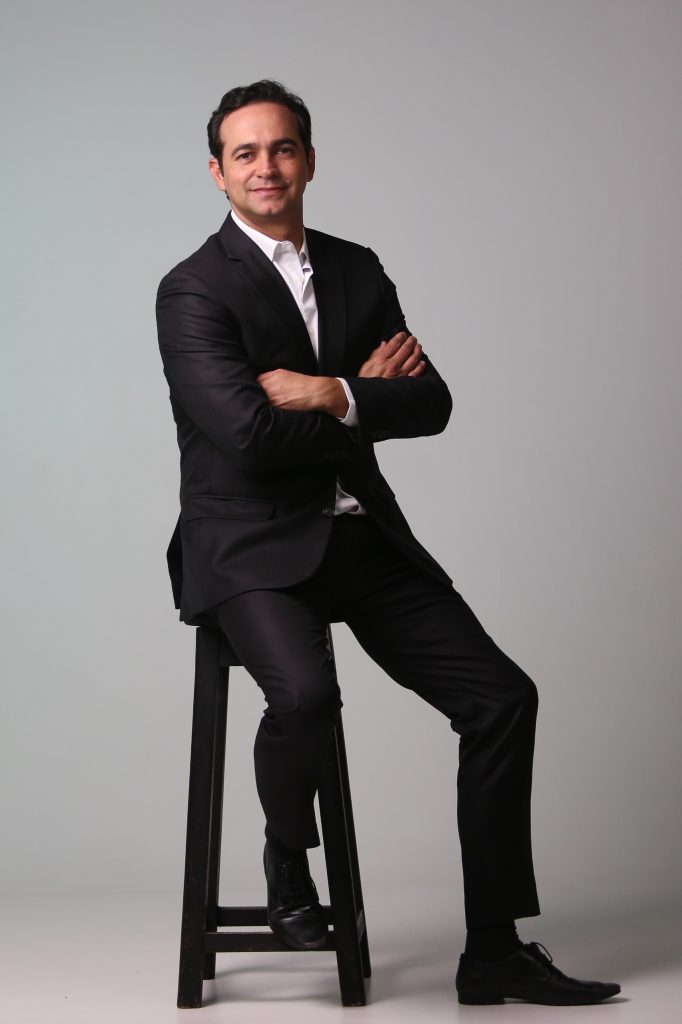
“Saudi Arabia ranks just behind our neighboring countries—Argentina, Uruguay, Paraguay, and Chile—among the largest importers of Brazilian chocolate. This market has proven to be very promising, and we’ve been paying close attention to it,” says Jaime Recena, CEO of the Brazilian Association of the Chocolate, Peanut, and Candy Industry (Abicab). “At the same time, they’ve been consuming a lot of our products and praising them greatly.”
According to Jaime, in addition to Saudi Arabia, the United Arab Emirates, Qatar, Kuwait, Oman, and Bahrain are also importers of Brazilian chocolate. Together, the five countries purchased nearly US$ 6.2 million worth of the product this year through October.
“With very good acceptance, Brazilian chocolate has entered this market with great strength. I can say that its presence has grown significantly over the past five years due to Brazil’s increased participation in food industry fairs and events in the Middle East. Although we sell less to them compared to other buyers, it is a market with great growth potential,” explains Recena.
Ranked 33rd among global chocolate exporters, Brazil currently accounts for 0.43% of the world’s chocolate trade but is striving to increase these figures.
“When we talk about the unique qualities of Brazilian chocolate, we can say it’s a high-quality product. Additionally, in recent years, the country has invested in fine cocoa production, something our neighbors like Ecuador and Peru have been doing for some time. The more we refine this product, the higher its quality becomes,” said the CEO of Abicab.
Divine Chocolate
Divine Chocolate is among the Brazilian brands that have already exported to Arab countries. Founded in 2011 in Rio Grande do Sul, the company sold its chocolates to Qatar between 2019 and 2020.
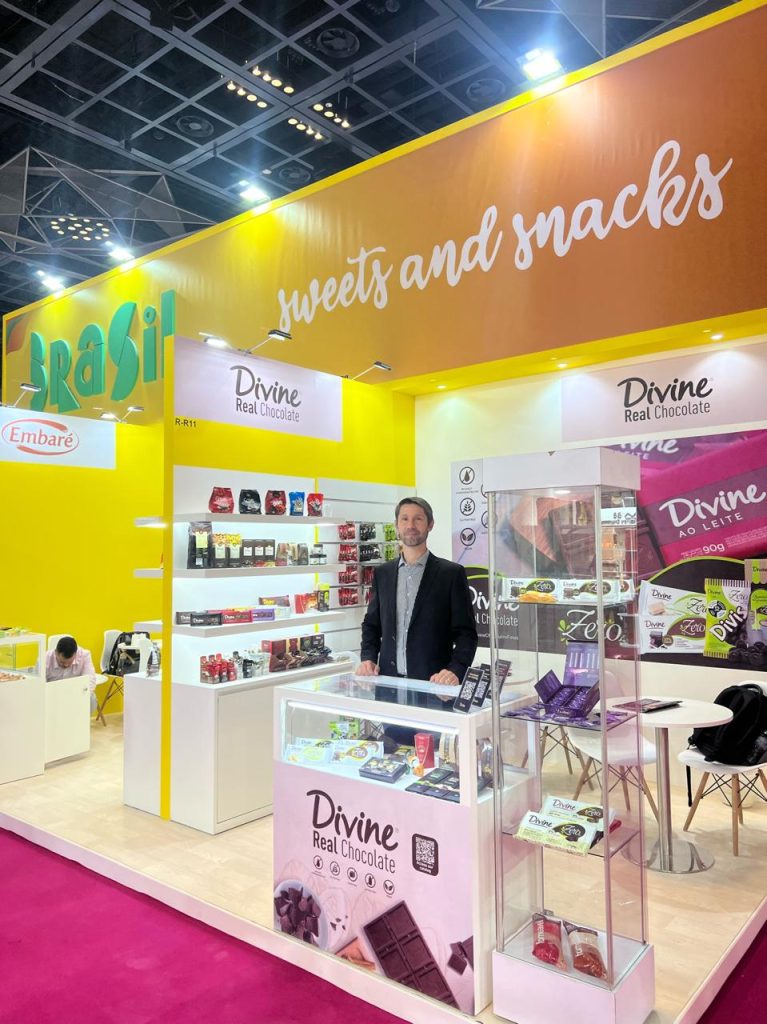
“For two years, we successfully exported to Qatar. We had a very good partnership, but the pandemic brought the business to a halt. However, we intend to resume negotiations, aiming for Qatar to serve as a gateway to other Arab countries. The interest in closing deals arose after we participated in a trade fair in the region,” says Diego Heineck, export manager at Divine Chocolate.
In addition to Qatar, the Arab market as a whole is of interest for the brand. “Since 2018 we’ve participated in at least four editions of Gulfood. At these events, we engaged with Arab prospects but did not close deals,” explains Heineck. Gulfood is a food trade fair held in Dubai, UAE, every first semester.
With Arabic packaging, the business could appeal to a sophisticated audience who values high-quality, premium products. In the coming years, Divine Chocolate—already exporting to Argentina, Uruguay, Costa Rica, Paraguay, and the United States—aims to expand its international sales.
“Exporting is very important for Brazilian brands as it provides an alternative during periods of difficulty in the domestic market. Additionally, participating in international fairs helps us bring new ideas and innovations to our future products,” adds Heineck.
Baianí Chocolates
It was aiming to differentiate themselves in the existing Brazilian chocolate market that Baianí Chocolates and Mission Chocolate were created. Between 2017 and 2018, alongside his wife Juliana Aquino, Tuta Aquino founded Baianí Chocolates to sell bean-to-bar chocolates.
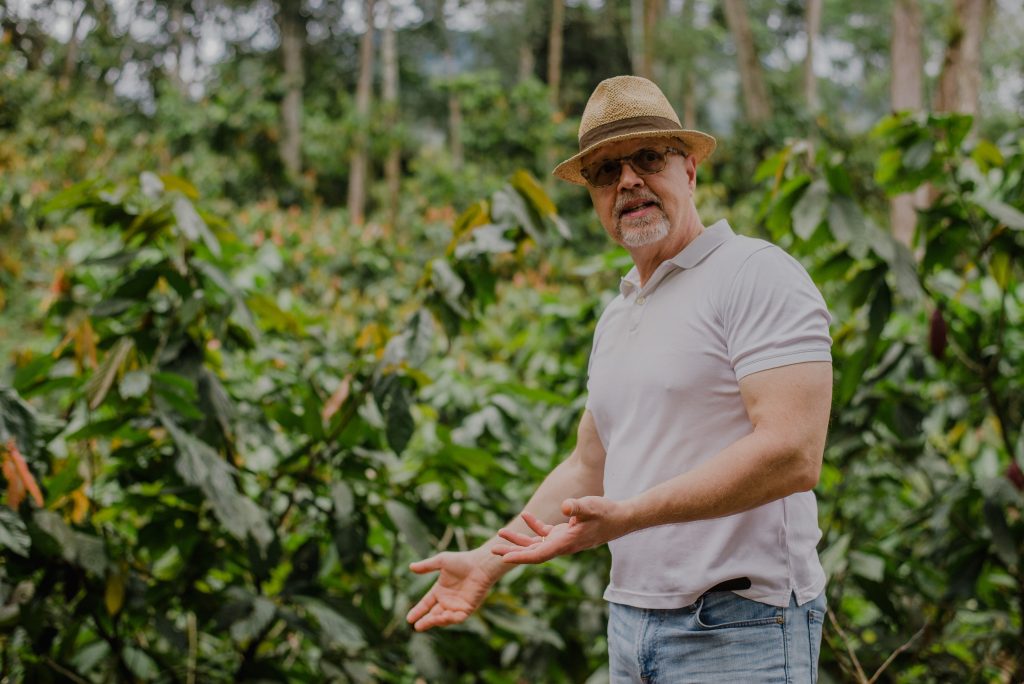
To create its products, the Baianí brand follows three pillars: sustainability, both social and environmental; direct and fair trade between the farmer and the chocolatier; and a unique chocolate-making process where the manufacturer uses whole cocoa beans instead of cocoa mass, as most chocolate companies do.
With its own cocoa farm, the company has a store and factory in São Paulo, as well as another headquarters in Bahia, from where its chocolates are sold to commercial representatives in different Brazilian states and other countries such as the US, Switzerland, Belgium, Japan, Norway, Italy, Germany, and the United Kingdom.
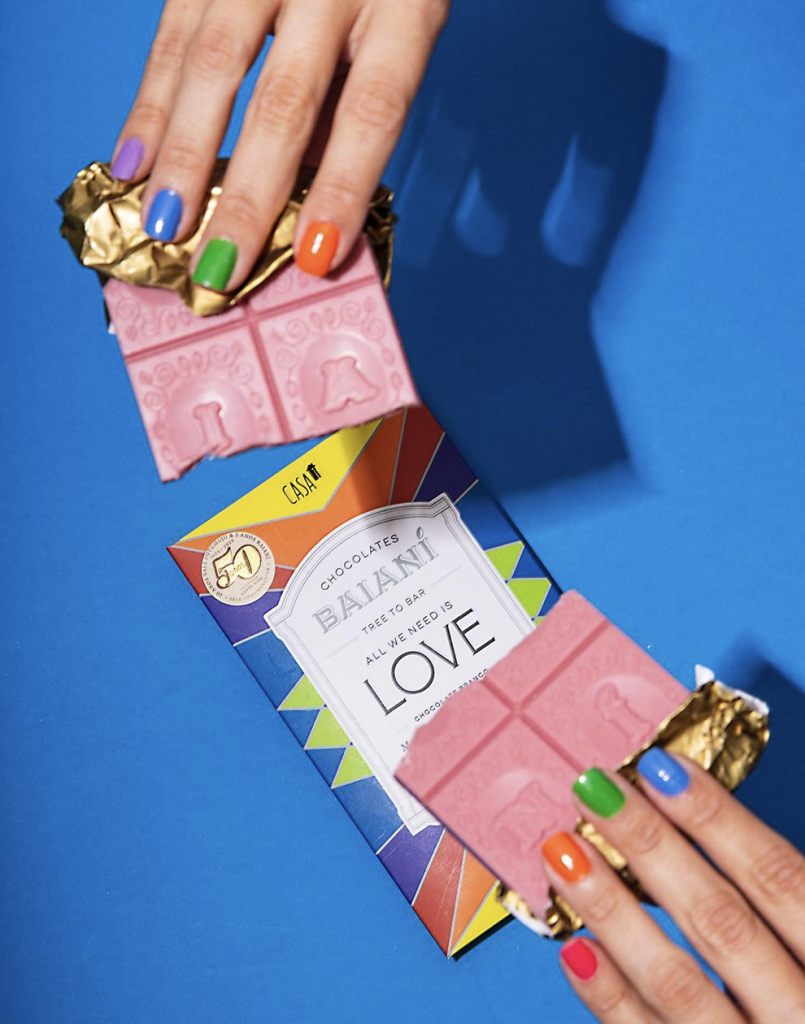
“We’re interested in doing business with Arabs, but I think we lack a business partner to help us. We know it’s an interesting market, and we were close to them at a fair we attended in Dubai. I believe they’re consumers who are interested in our products because they are buyers who enjoy luxury goods,” says Tuta, co-owner of Baianí Chocolates.
Among the main products sold by the brand is the chocolate and orange bar, which has won five editions of the Academy of Chocolate Awards and two editions of the International Chocolate Awards. Also receiving awards from the International Chocolate Awards was the guava chocolate bar from the brand Mission Chocolate.
Mission Chocolate
Founded by chocolatier Arcelia Gallardo in 2013, the brand Mission Chocolate uses local ingredients from Brazil. Born in Los Angeles, California, Arcelia moved to Brazil a few years ago to study cocoa production.
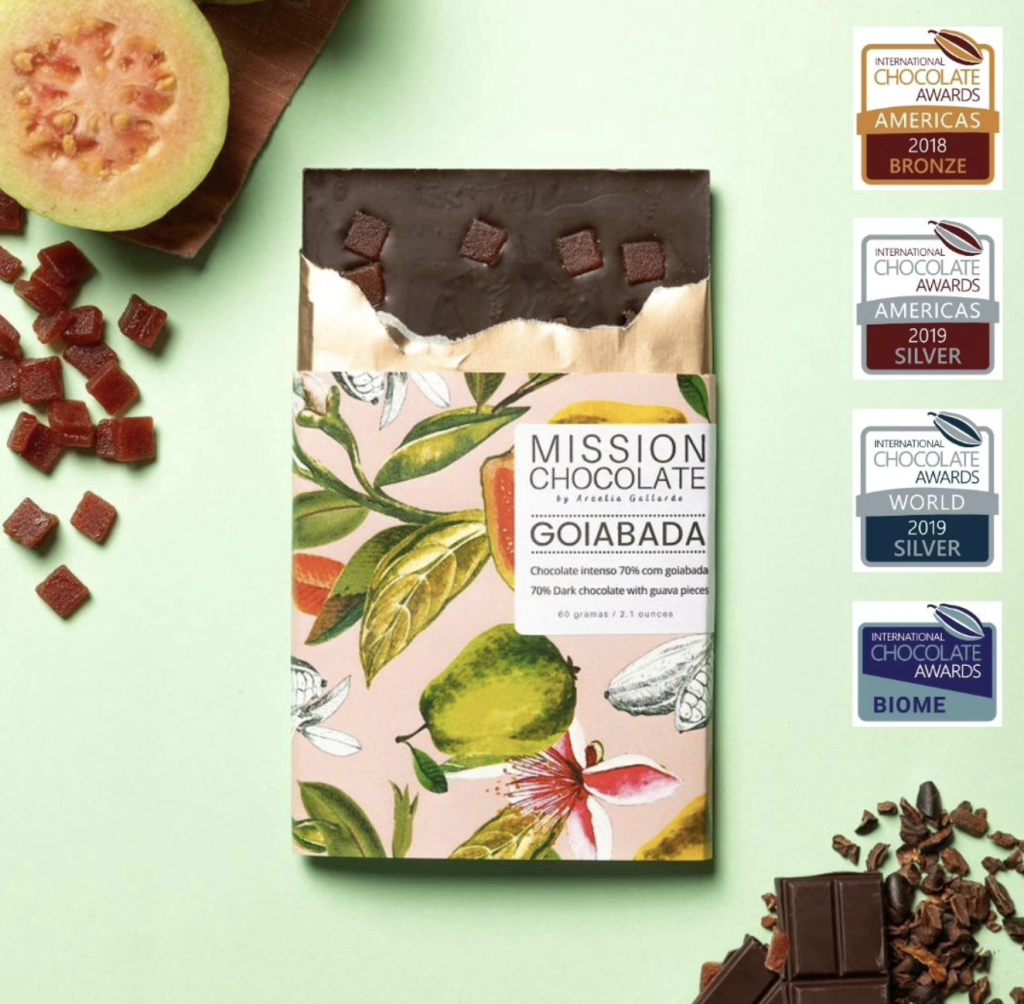
“After spending four years studying native products, I decided to create a brand that would elevate common Brazilian flavors into sophisticated chocolate, something no one was doing at the time. After visiting many Brazilian states, I created chocolates with very characteristic flavors, such as pão de mel, arroz doce, rapadura, rabanada, cupuaçu, and goiabada. My idea was to highlight what was within the country where cocoa grew, and I succeeded,” explains Arcelia Gallardo, CEO of Mission Chocolate. “I believe Brazilian chocolate stands out from the others because it is earthy, with a woodier flavor.”
With chocolate bars made from the darkest variety, the products are sold and exported from a store located in São Paulo. In addition to selling to various states in Brazil, Mission Chocolate has a factory in California, US.
“In the near future, we want to export to Canada, Mexico, China, and Japan. We know that the Arab market could be interesting, but we haven’t made any business deals there yet because we don’t have commercial contacts in the region,” adds Gallardo.
Report by Rebecca Vettore, in collaboration with ANBA.
Read more:
Brazilian chocolate brand tries to break into Arab market
Brazilian brand sells fine halal chocolates to Arabs
Translated by Guilherme Miranda



